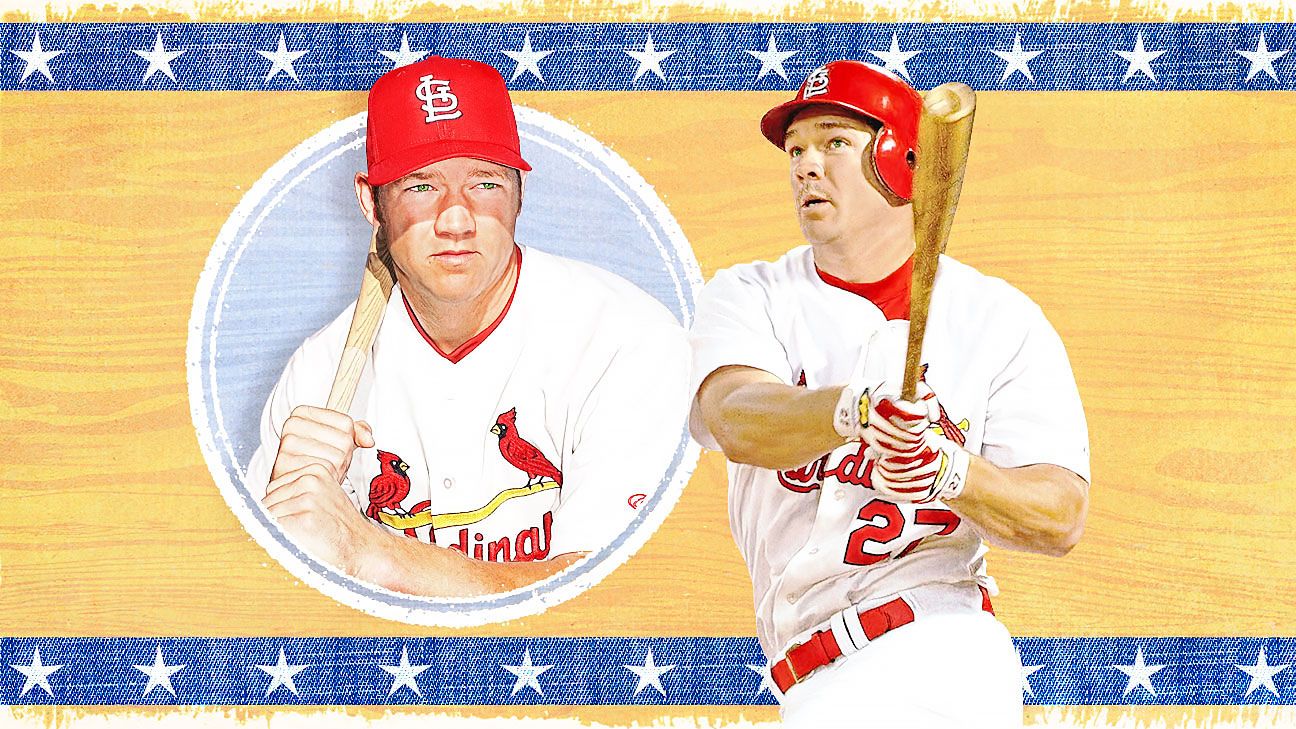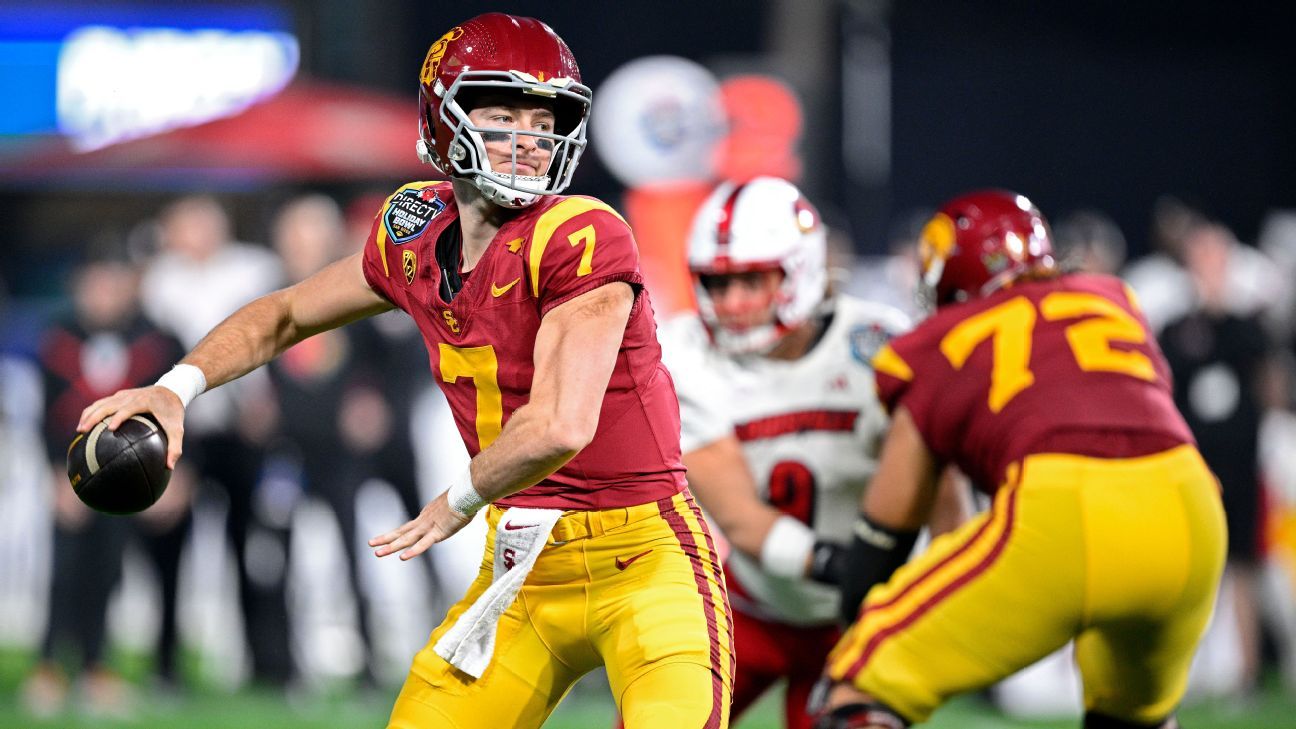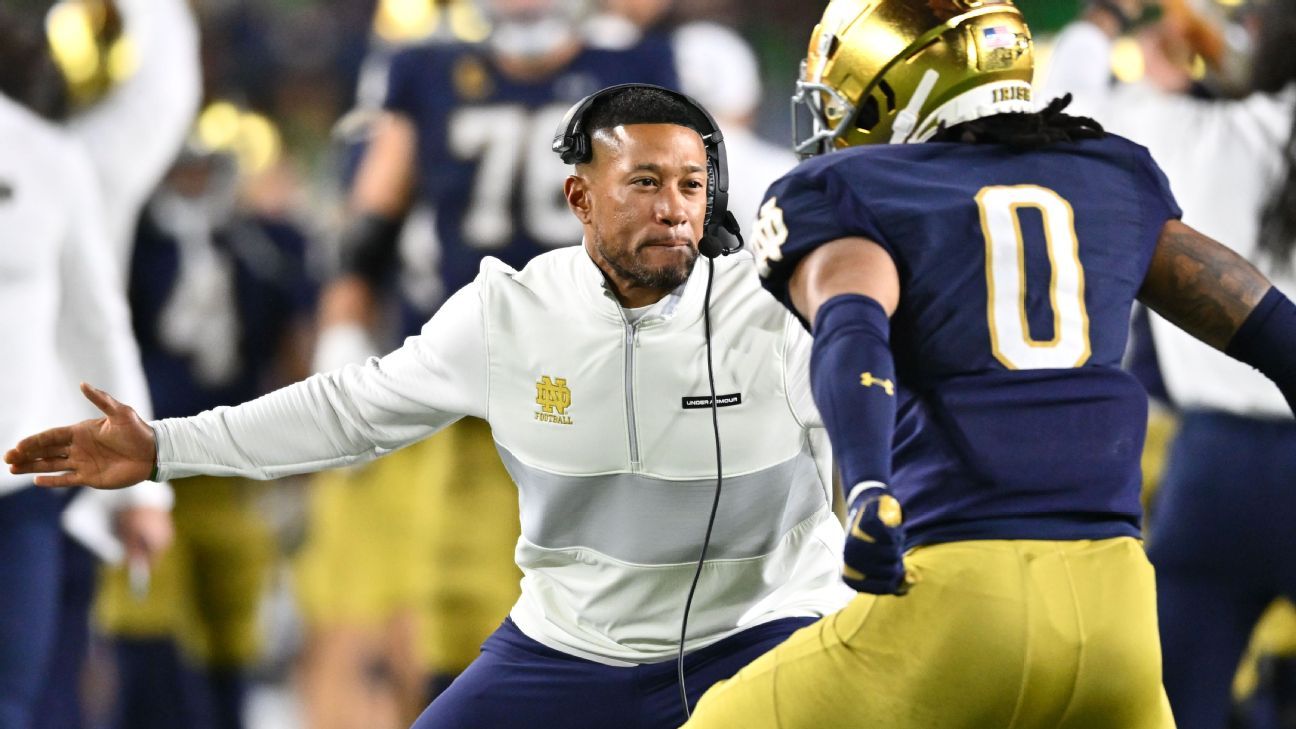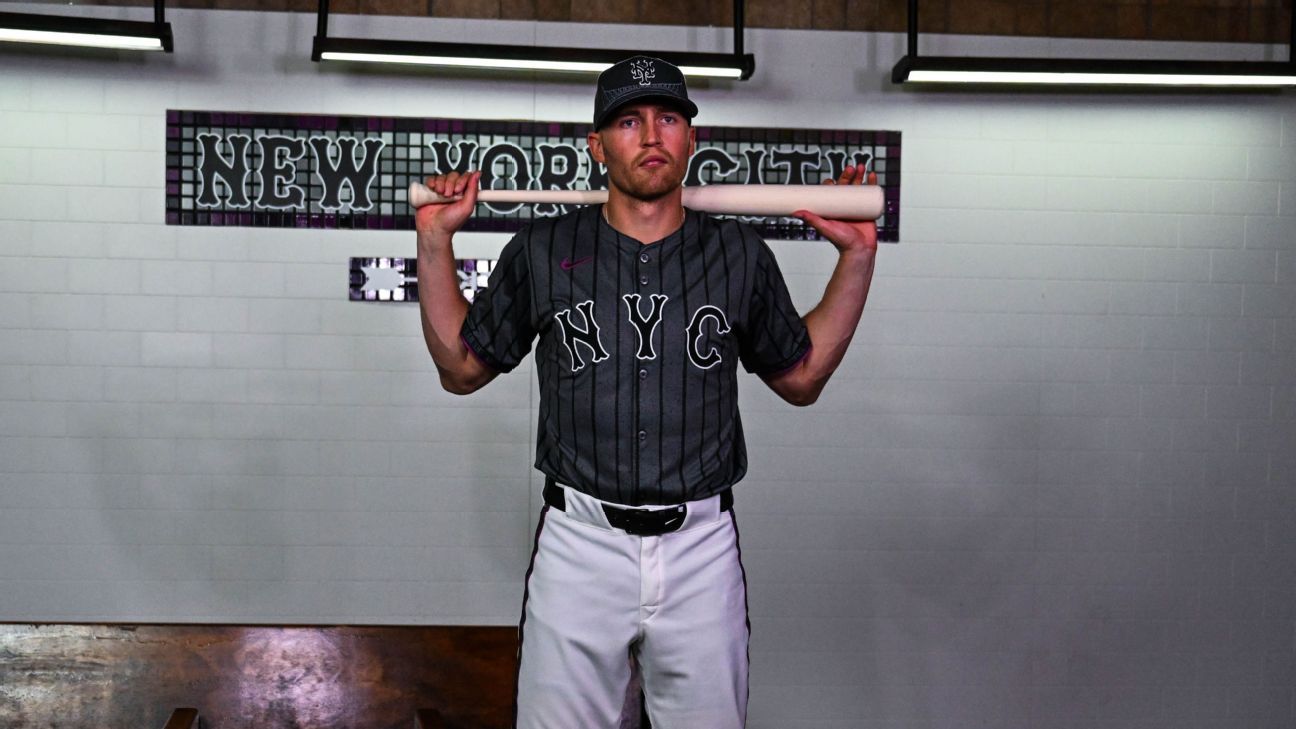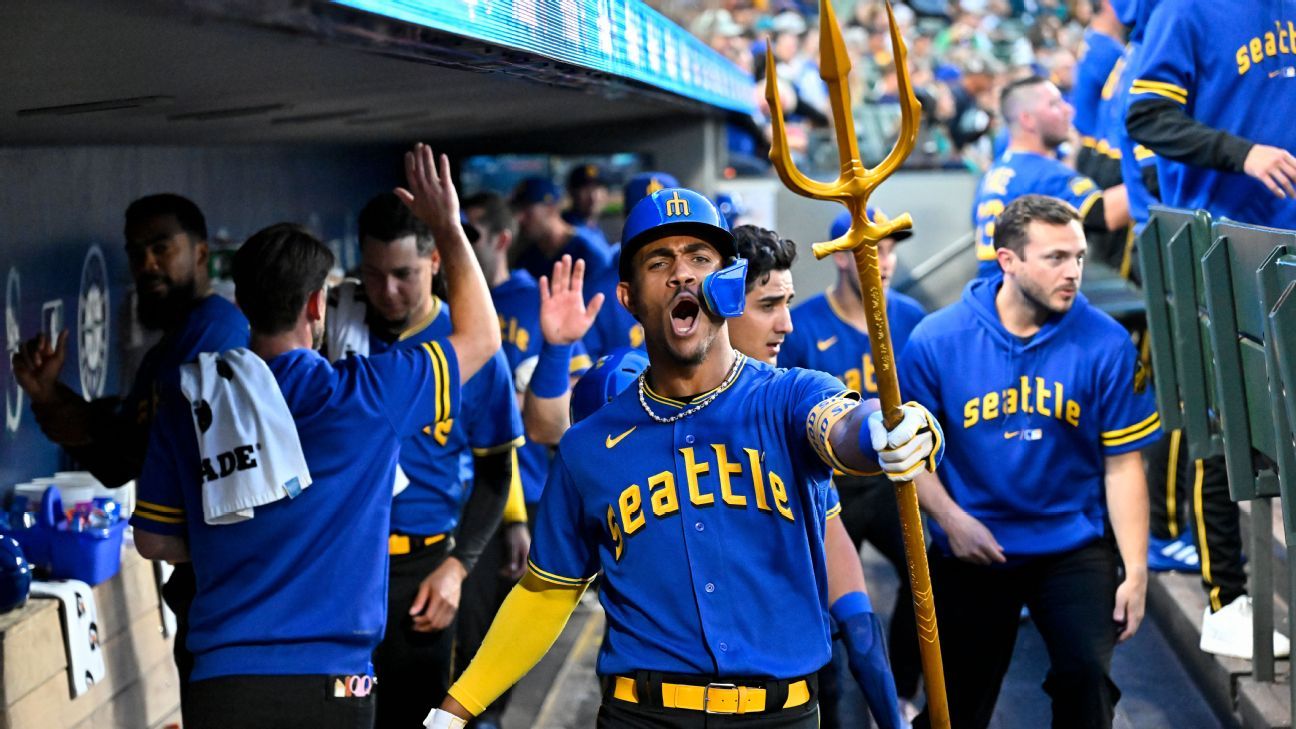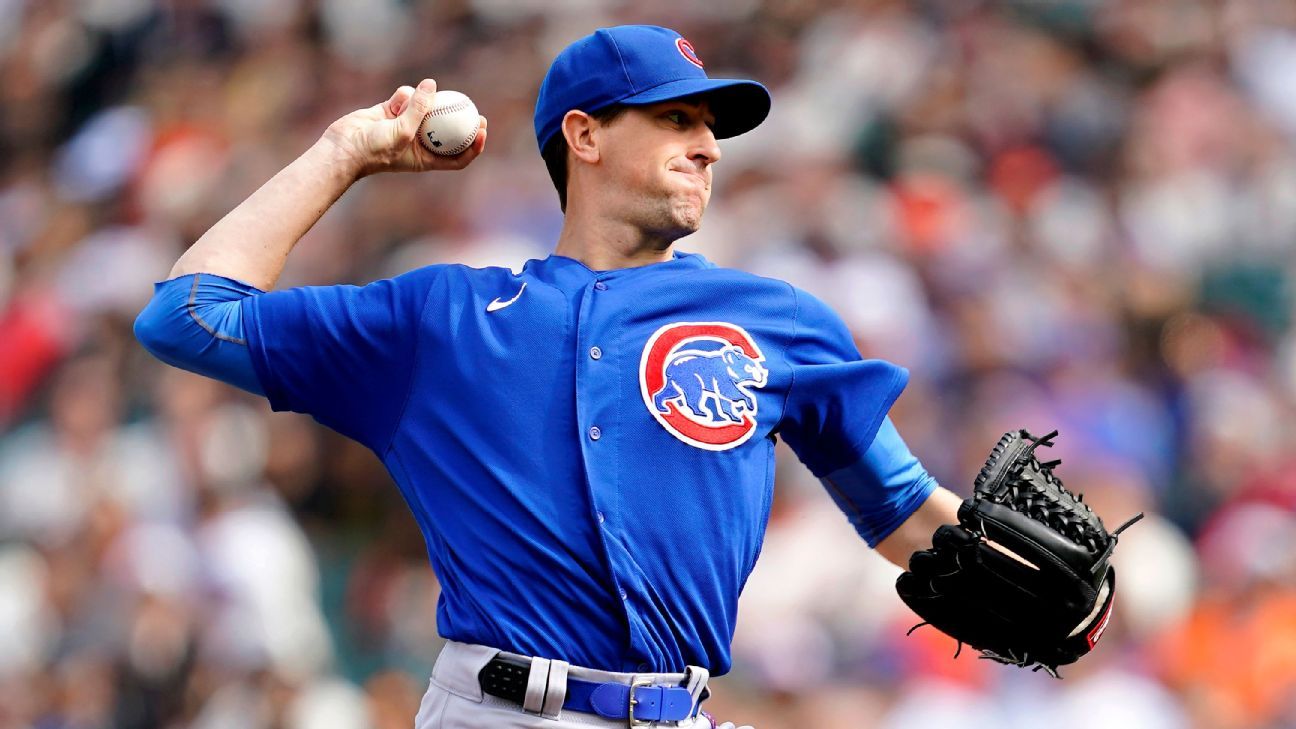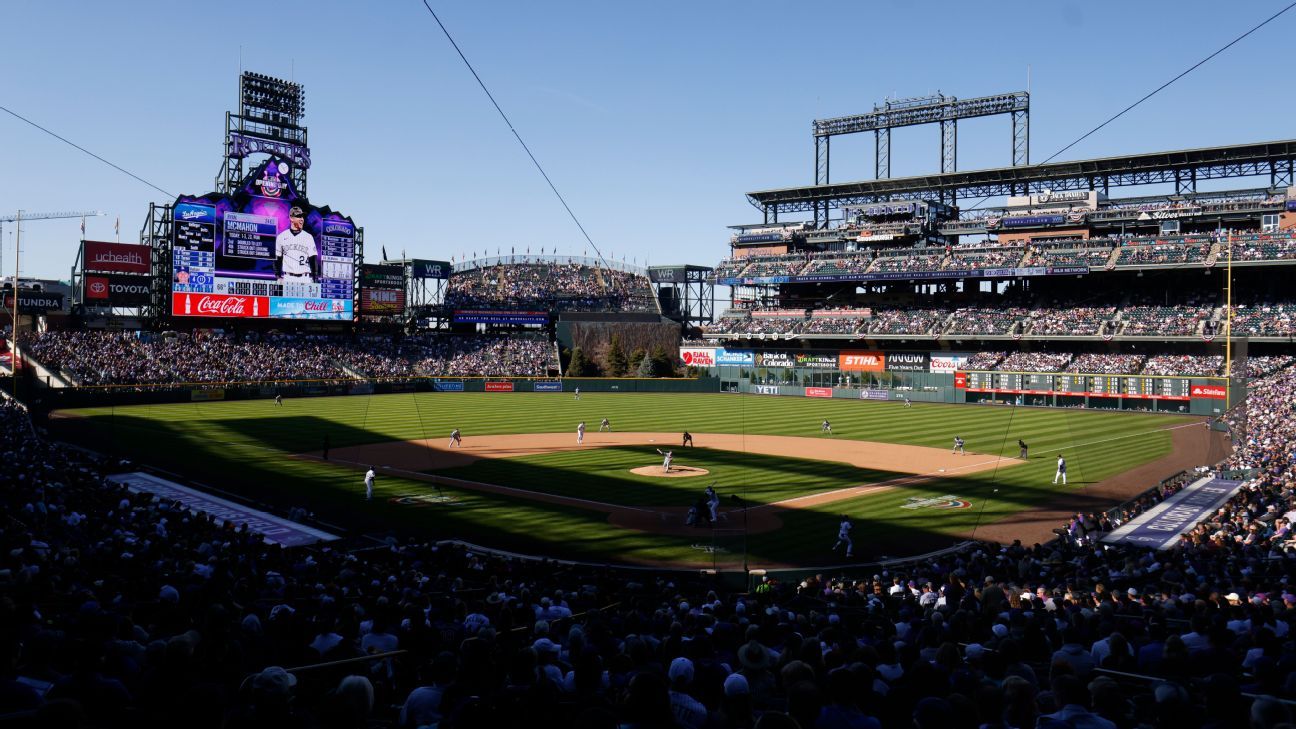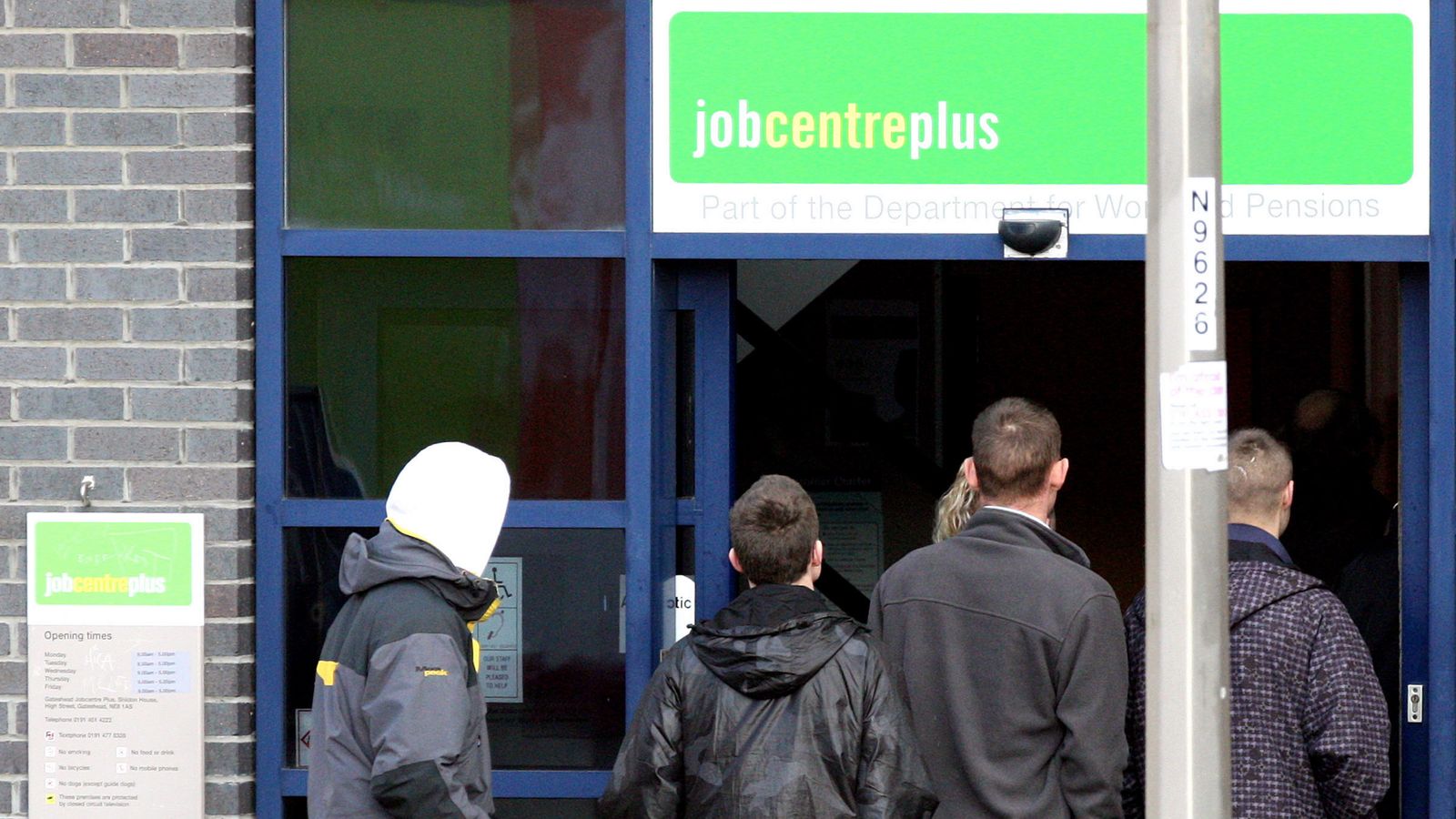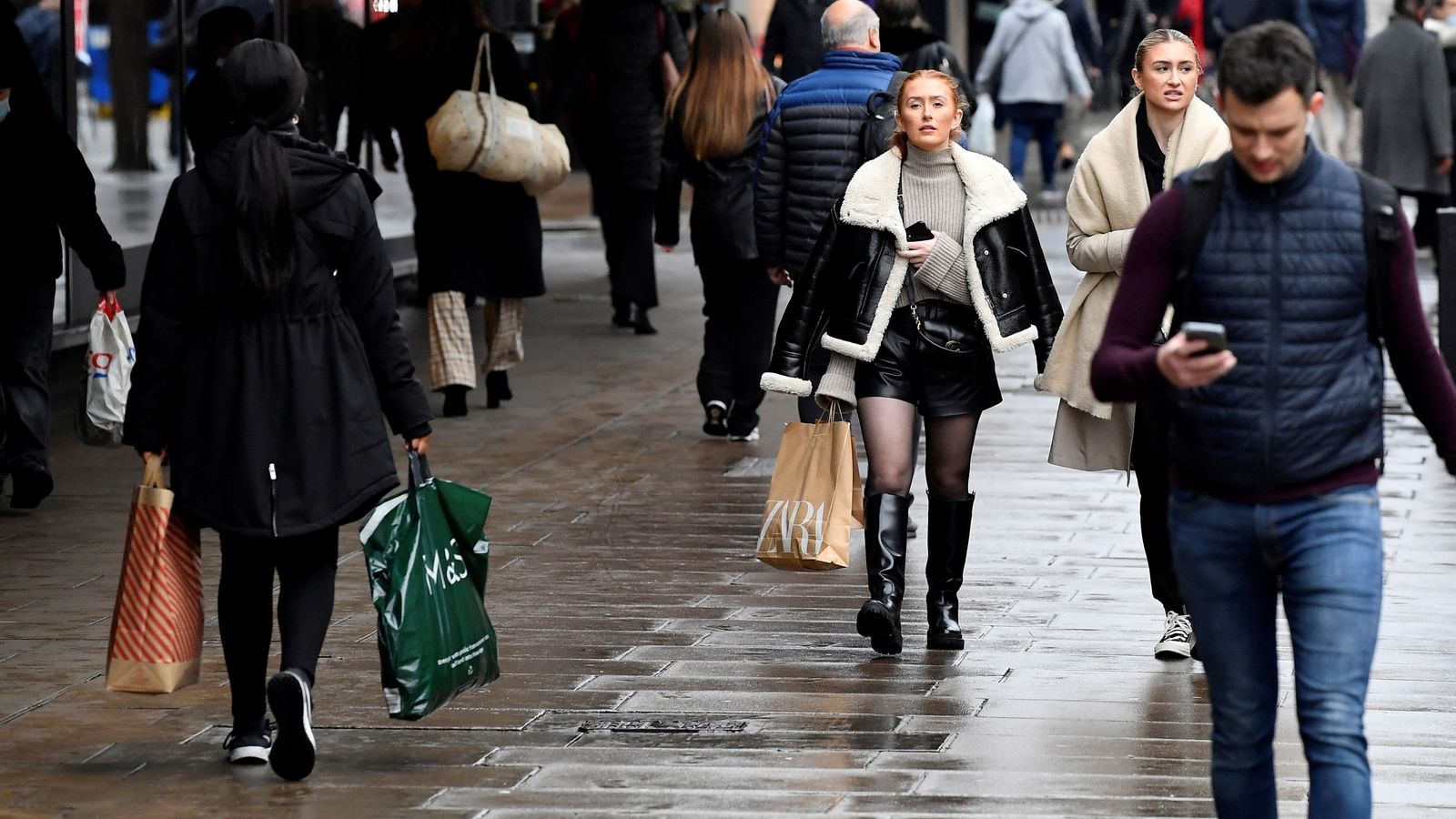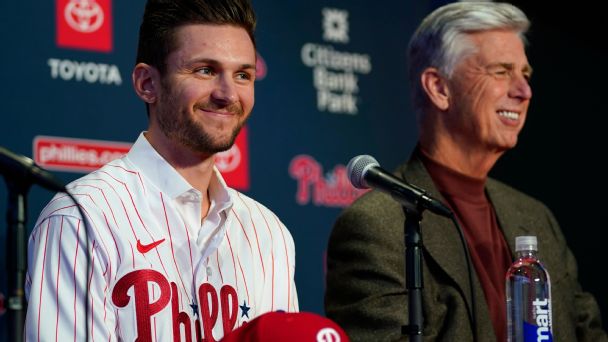
The 2023 Baseball Writers’ Association of America vote is in — and Scott Rolen is the newest member of the Baseball Hall of Fame. He joins Fred McGriff, who was elected in December via the inaugural contemporary baseball era committee.
ESPN MLB experts Buster Olney, Bradford Doolittle, Alden Gonzalez and Jesse Rogers examine the 2023 vote and what it means, and look ahead to what the future votes hold for this year’s candidates and those to come.
Let’s dive in.
Olney: Todd Helton, whose voting share took a major leap forward. With five years remaining on the ballot, it’s evident that he’ll get in next year, or maybe in 2025, based on his positional dominance in the middle of his career.
Doolittle: Helton, with Billy Wagner not far behind. Helton continues to gain support and is now at a level where it seems certain he’ll get over the threshold eventually. Wagner only has two years left so that’s a little more uncertain, but his percentage continues to grow. Also McGriff — though he’s so modest, he may actually think that makes him the big loser.
Gonzalez: Helton is the obvious choice because he’s nearing 75% and has enough time to get there, but I’ll go with someone else who’s getting close: Andruw Jones, who still has four years of eligibility remaining.
Jones has experienced relatively sizable jumps in four straight years, and that trend should continue for an obvious reason: He is one of the best center fielders of all time. We’re talking about a 10-time Gold Glover who accumulated 434 home runs, and whose peak — nine years, as one of the key members of dominant Atlanta Braves teams — lasted a lot longer than people might think.
Rogers: Carlos Beltran. About half the voters believe he should be in already. A certain portion undoubtedly didn’t vote for him in Year 1 of eligibility because of the aforementioned cheating scandal, but some of them will likely vote for him in the future. And he still has nine years to put distance between his career and that fateful final year in the majors. Meanwhile, he only needs to appear on 25% more ballots, assuming those that voted for him already continue to do so.
Who is the biggest loser from this year’s voting results?
Gonzalez: It feels as if the players who inflated their numbers by cheating have set the Hall of Fame bar unreasonably high despite not gaining entrance because of their cheating. It’s my best attempt to rationalize why it’s taking so long for the likes of Helton and Jones — and, before today, Rolen — to get in. The inconsistencies of moral policing continue to stand out.
Last year, we had David Ortiz symbolize ill attempts at deciphering PED ties. This year, another dilemma was embodied by Beltran. We praise A.J. Hinch and Alex Cora as managers, celebrate the 2022 Houston Astros as legitimate World Series champions, and yet Beltran — the eighth-best center fielder in history by Baseball-Reference WAR — didn’t get in largely because of his ties to the sign-stealing scandal. (A scandal, by the way, that did nothing for his own career numbers.)
Rogers: The steroid era has muddied the waters, but it’s a shame the Hall didn’t grow by at least one in 2023. In fact, maybe that should be a rule: At least one BBWAA selection entrant is required every year. The Hall of Fame is supposed to grow despite it still being an exclusive club. Some years there will be more deserving candidates than others. That’s OK. In the end, the large size of the voting group offers legitimacy to the final vote: No one is sneaking in. But when there isn’t an entrant, it shifts the focus to the voters. Nobody wants that.
Based on this year’s results, do you think anyone will get in on next year’s ballot?
Olney: Wagner will get in within a couple of years, and perhaps Helton after that. They’ll join two players who should be first-ballot, can’t-miss selections — Adrian Beltre and Joe Mauer. In fact, I think you could make a case Beltre should be a unanimous selection, after a career of 3,166 hits, 477 homers and five Gold Gloves, as well as 93.5 WAR, which is more than Al Kaline, George Brett, Chipper Jones and Ken Griffey Jr.
Doolittle: I could actually see it being a fairly crowded class. Helton should get in, Wagner has a good shot and I could definitely see Jones joining the group. And based on this year’s change in percentage, I wouldn’t be shocked if Sheffield gets there, though he could end up at that close-but-no-cigar level. And among first-timers, I would think Beltre is probably a lock.
Gonzalez: Beltre will be eligible for the Hall of Fame next year, and he should definitely get in. By then, Helton should have already accumulated enough votes. Perhaps Wagner and Jones can get there too. And if the BBWAA comes to its collective senses, Beltran will be close. I’d expect a crowded field. I’m hopeful for it, at least.
Rogers: Yes. Kent falling off the ballot might garner a vote or two for someone else while we did see a couple of players with remaining eligibility get close. There’s no reason to believe we’re entering some longer-term trend where there will be multiple years with no inductees.

